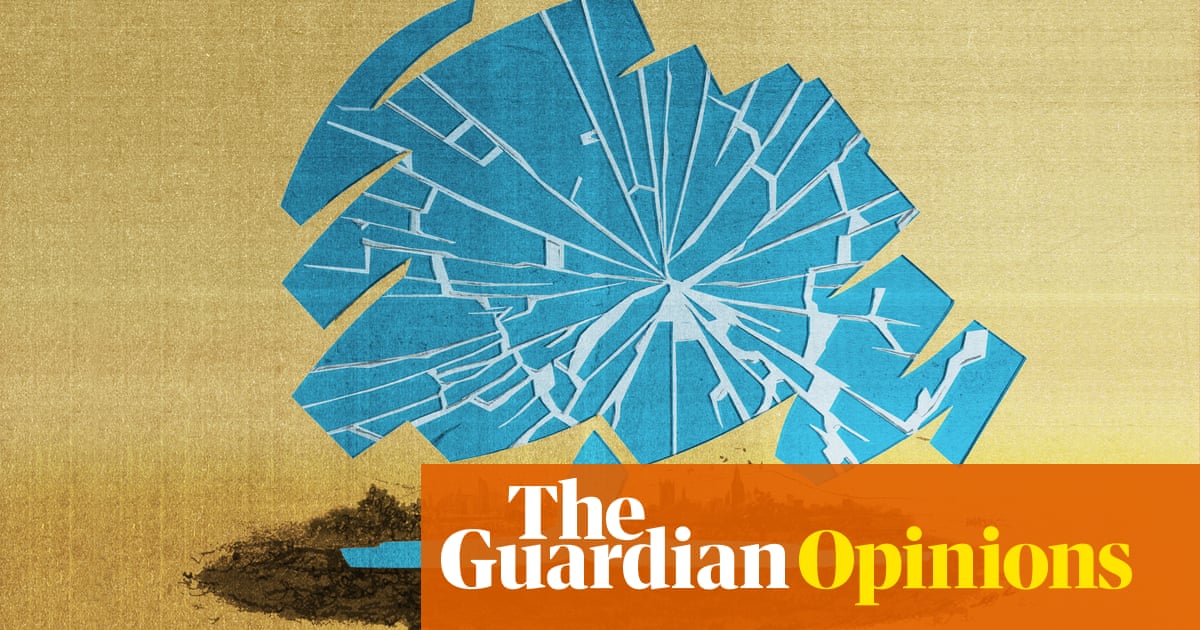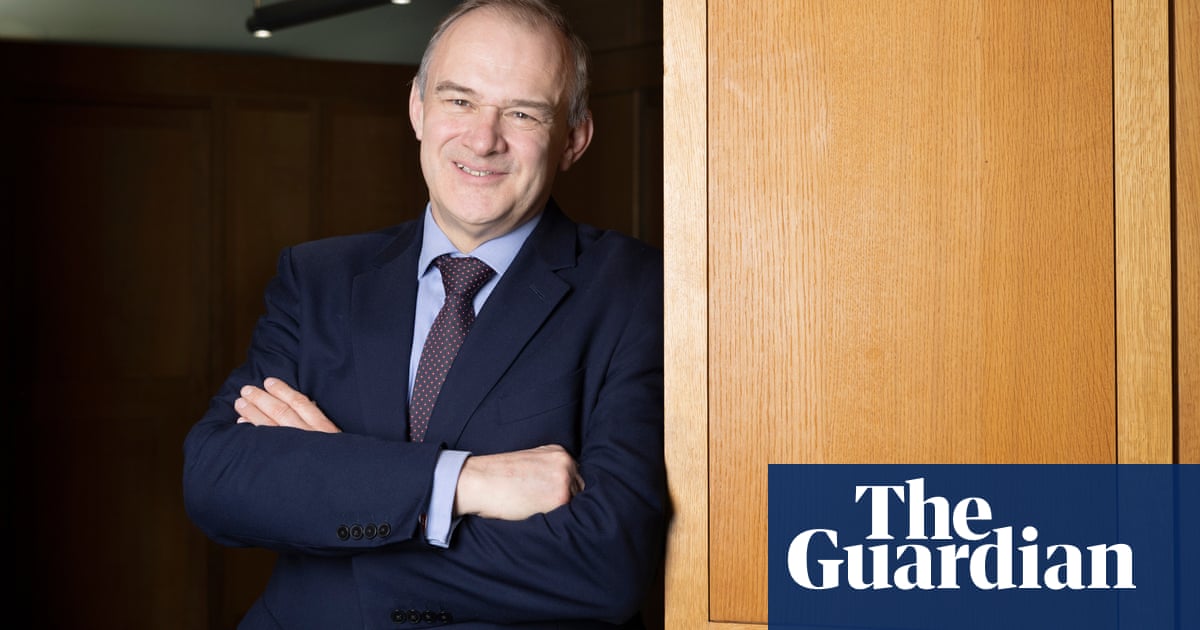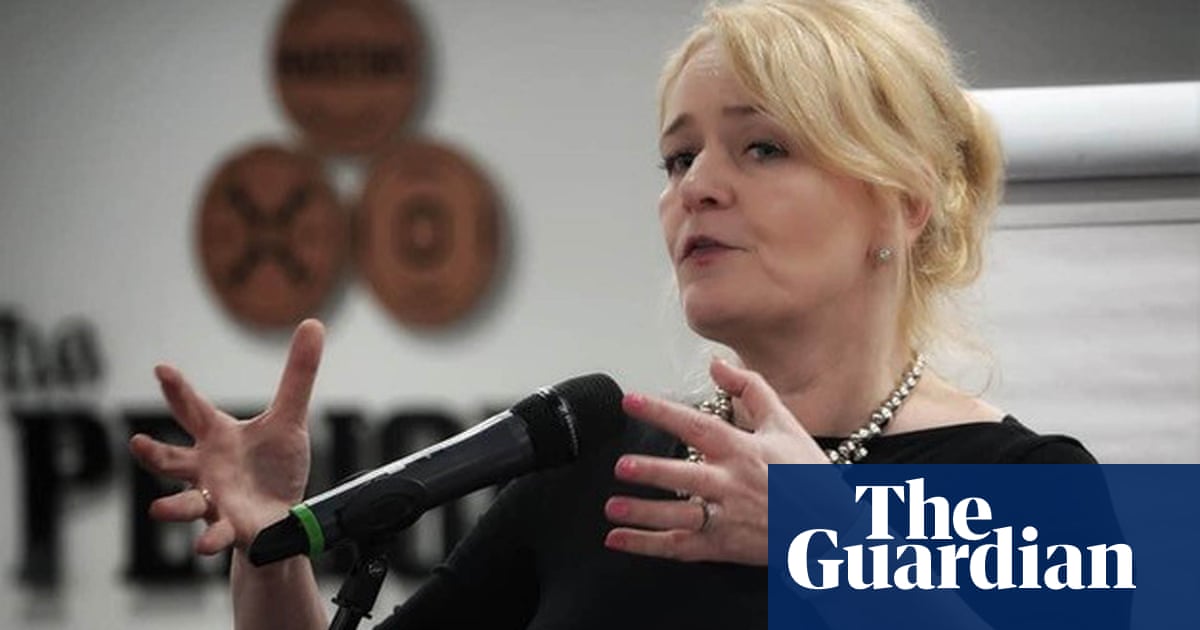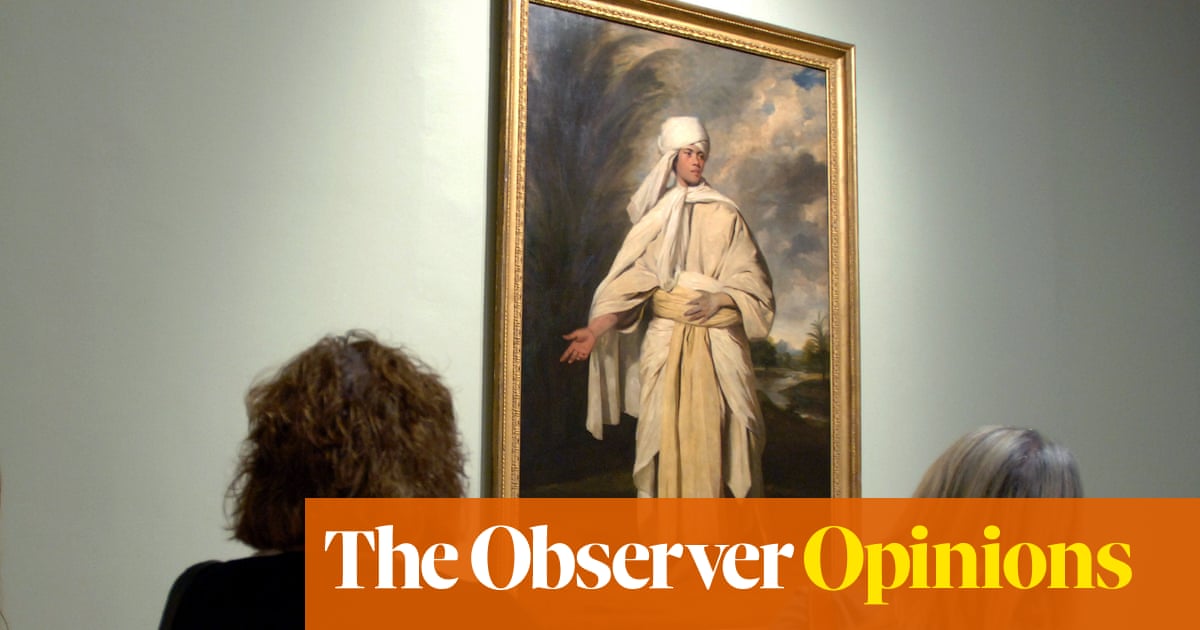
Labour faces a continuous decline in its traditional heartlands unless it challenges “an enduring perception of us as ineffective, complacent or indifferent”, a stark report by a group of the party’s MPs has warned.
The study by the group Labour for the North concludes that some of the “red wall” seats lost to the Conservatives in 2019 “may be lost for good” unless it tackles a deep-rooted “northern problem”, including “the perception that we are a London-centric party”.
A year after Labour’s worst general election result since 1935, the report concluded that many voters in the north of England still did not see Labour as representing the area, despite Tory poll ratings slipping nationally in the wake of the pandemic.
The report warns: “If not addressed, these figures signal a continuous decline. The constituencies and communities, which for so long we took for granted, have fundamentally changed.
“These places began to fall to the Tories in 2017 before leaving Labour en masse in 2019. Unless we recognise how and why, there is a potential that they may be lost for good. Without understanding what isn’t working for us on a local level, we cannot hope to win back power nationally.”
Separately, in interviews with the Guardian to mark a year since the 2019 general election on Saturday, 11 Labour council leaders and ex-MPs warned that the party had a huge task ahead to regain the trust of its former voters who switched to the Conservatives last December.
They unanimously welcomed Keir Starmer’s appointment as leader as a step in the right direction but said the problems facing the party were more deep-rooted than either Jeremy Corbyn or Brexit.
Phil Wilson, the former Labour MP for Sedgefield, which elected a Tory for the first time in almost 90 years in 2019, said he had the impression that some were regretting lending their vote to the Conservatives but that Labour remained “a hell of a long way” from winning back seats like his.
“What [Starmer] basically needs to do is to move a million miles away from Corbyn and his worldview…We have still got to win back credibility on the economy. We’ve got to reassure people that we do believe in Britain,” he said.
His view was echoed by a hard-hitting report drawn up by a group of Labour MPs in northern seats, led by the shadow health minister Justin Madders, the Bootle MP, Peter Dowd, and Judith Cummins, the MP for Bradford South.
The 10,000-word document says Labour’s “long retreat” from the north of England can be traced back to Tony Blair’s landslide in 1997 and some of the voters lost since 2017 “will be very difficult to get back”.
It suggests Labour produce a fully-costed “northern manifesto” at every general election, appoint a shadow minister for the north of England, develop an alternative levelling-up agenda and “embrace inclusive northern and national identities … reflecting patriotism and pride in a diverse northern identity”.
A survey carried out for the report laid bare the challenge: “All our survey responses described huge pride in their local areas, and how we were often seen to ignore this.”
The report urges Labour not to “get drawn into debates on divisive cultural issues” because it will alienate more socially moderate voters in northern seats if the party is seen as prioritising “divisive questions of identity and culture” over jobs and the economy.
The “real danger” for Labour is the cultural divide developing between the “red wall” seats the party lost in recent elections and among the younger voters in diverse cities where it is dominant.
It adds: “We have much work to do to re-establish trust with former voters. We should achieve this not by casting back to a past era, but by making sure we listen to their concerns and aspirations, and more often tune our policies and outlook to their priorities.
“The greatest risk for Labour is that, in this newly-turbulent politics, we fail to listen to our former voters make efforts to reconnect with them, and allow another party to build lasting links.”
Four Durham seats, Bishop Auckland, Sedgefield, Darlington and North West Durham, went Tory in December. Simon Henig, leader of Durham county council, said the political landscape prior to 2016 was irrelevant in today’s debate.
“The fact that Tony Blair had a 25,000 majority in Sedgefield is completely irrelevant. It is pre-history. There’s a new landscape that’s been that’s been forged by Brexit and by what has happened with that referendum and the way the 2019 election played out has reshaped England.
“The key thing will be what happens after January. What impact does that have? Does that then fulfil what people were voting for or not? And if it doesn’t, what happens as a result of that?”












